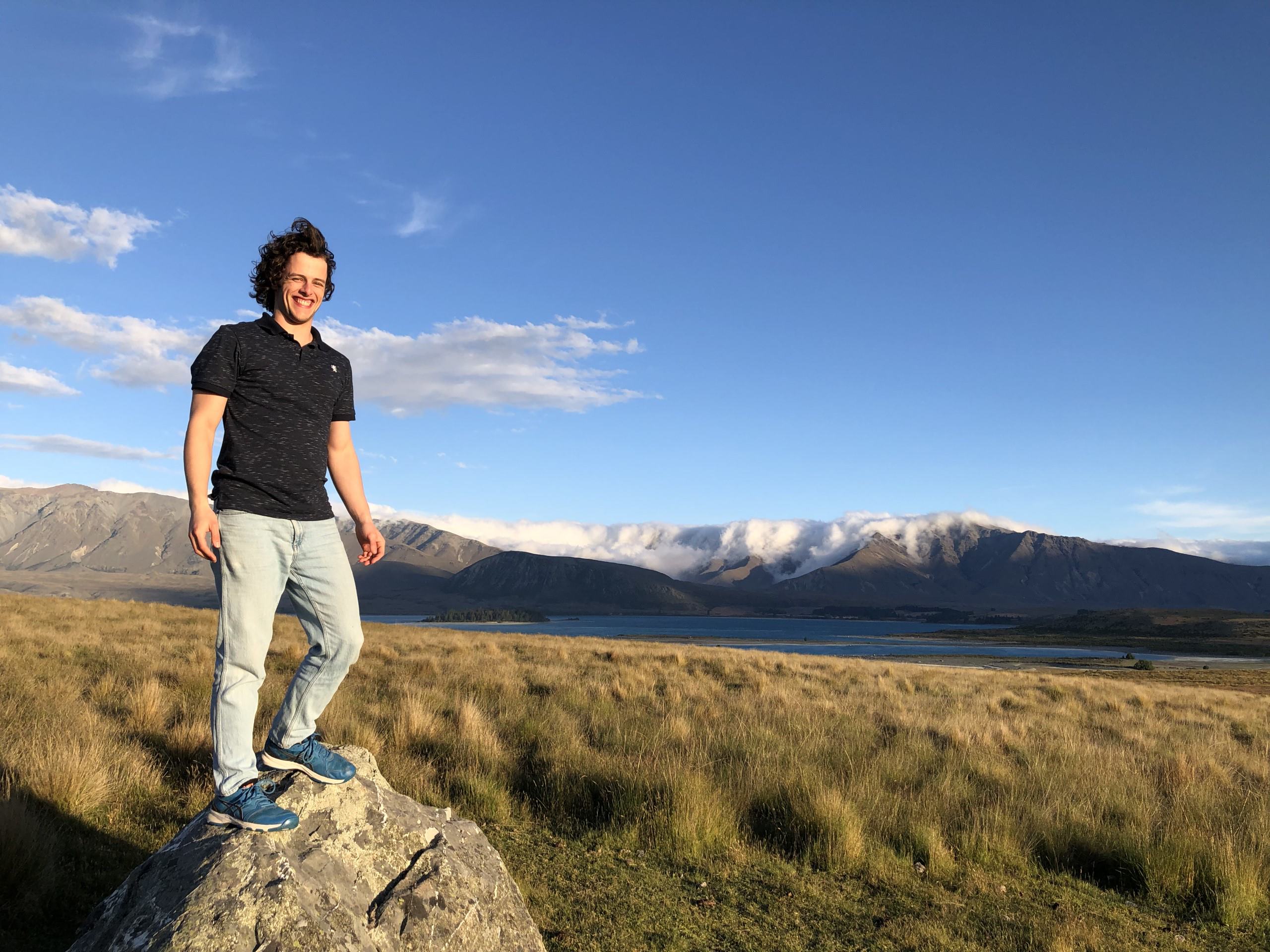
Study: A healthy diet can decrease risk of hearing loss for women
May 29, 2018
Baby Raina’s hearing loss journey
June 4, 2018Breaking the Box: Why I don’t let hearing loss stereotypes set limits on my life

One of the things that we tend to do in our quest to make sense of the world around us is to try and categorize everything in the world around us, and one another!
Tropes, archetypes, stereotypes. The general classification of people by their appearance, nationality, geographic location, ethnicity, gender, behavior, hobbies, interests, religion; the list is endless. We tend to ascribe certain characteristics and expectations of behavior to people based on whatever differentiates them from others outwardly. Of course, that’s something that’s extended to us as deaf and hard of hearing individuals as well.
Being told what I could and could not do
We’re all often subjected to certain ideas around what we can and can’t do. Ideas of how we should or shouldn’t behave, constrained by expectations that try to fit us into a particular box. A good example of this is the idea that deafness is binary. ‘If you can hear at all, surely you’re not deaf?’ is a common refrain in my experience. This question is usually followed up with queries about why we don’t only use sign language, often thought of as a single, universal language.
All my life, I’ve had people trying to get me to fit into a box based on my disability. Sometimes the discouragements were sensible. Choir REALLY wasn’t for me. Apologies to all those who have ever been in earshot of my wildly varying off-key notes!
Others looked to try and protect me from what was perceived as areas of greater risk. When I wanted to play rugby I was told that I would run a great risk of losing my remaining hearing if I were to sustain a head knock. My own research suggested that the odds were the same as for anyone with regular hearing. Also, since my loss wasn’t caused by an existing brain injury, I didn’t have a greater risk. We’re expected not to act, sing, dance, create music, or be public speakers, sportsmen, doctors. All those things and more exist outside the box of things considered achievable or appropriate for us. Breaking the box, however, is rewarding.
“All my life, I’ve had people trying to get me to fit into a box based on my disability.”
Even beyond the box we’re placed into by our disability, we encounter the usual boxes that society loves placing people into (this is starting to look more like a set of Russian Dolls than a simple box, now I come to think of it, given that each layer of stereotyping means different sets of expectations and restrictions!) Jocks, nerds, whichever nationality or ethnicity you are identified as. We hear statements like “That’s not appropriate for girls”, “Boys will be boys”, “Real Madrid fans are all…”, and “But you don’t look Deaf!”
Letting go of false accusations
Here’s the kicker; generalizations, and this includes stereotypes, are, by their very nature, false! Defy those who would put you in a box and prevent you from chasing your passions for no good reason! One of the main things that hold people back from success is a lack of confidence, and where those boxes clash with your self-belief, they are not worth leaving in place.
I’ve seen many, many deaf and hard of hearing individuals push the boundaries in my own community. People like…
Terence Parkin (South African Olympic swimmer & medallist)
Darren Rajbal (Dancer & winner of South Africa’s Got Talent)
Tim Stones (Former President of SA Deaf Rugby, British Deaflympics athlete and current holder of the Deaf World records for 6, 12, & 24 hour track distances as well as those for 50km, 100km & 150km)
Kalindi Persadh (First Deaf Bachelor of Medical Science graduate from the University of KwaZulu-Natal)
Just to name just a few.
Break the mold, do what you love
If you’re going to take one thing away from this article, let it be this: Don’t be afraid to break the mold. Chase your passions and do the things that make you happy regardless of what anyone else says about how you should act because of your hearing loss. Having determination is one of the best traits to have when it comes to this and will do much for your happiness in the long run.
“Chase your passions and do the things that make you happy regardless of what anyone else says about how you should act because of your hearing loss.”
I’ve broken the box to excel on the rugby field – which on its own challenges assumptions around my hearing loss. I also don’t act how rugby players are expected to act in other areas. I’m not a drinker, I particularly enjoy more “nerdy” pursuits like miniature modeling, PC gaming, reading and, of course, writing.
Read more: How to overcome some of the emotional and societal costs of hearing loss
The opinions of others don’t matter when it comes to my enjoyment of those things. It’s not worth giving up part of who you are to please others. People who truly have your best interests at heart will bring out the best in you rather than tying you down because they hold a particular view of who you’re meant to be.
Break out of the box!
How do you push boundaries and show that deaf people can do anything, but hear? Let us know in the comments.



